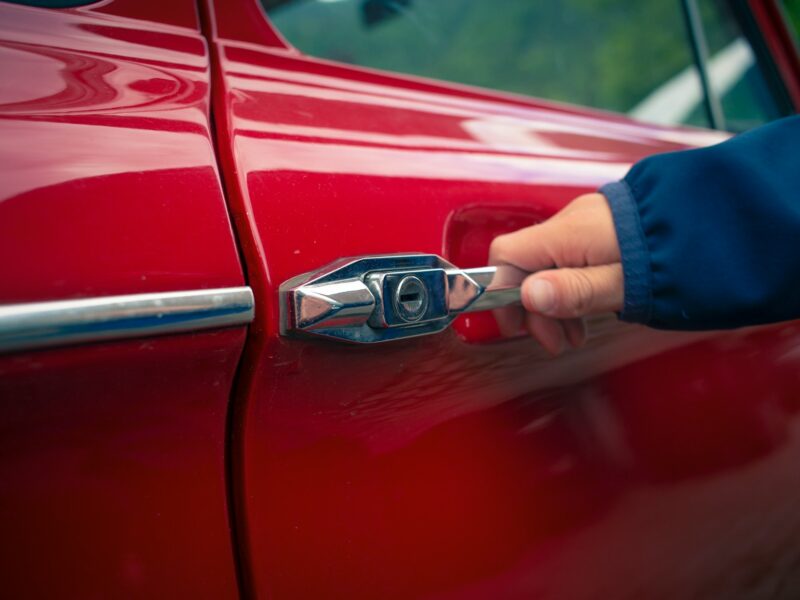Do you sell your own products? Do you sell other people’s products? If you sell your own products, then the next logical question is probably… How do I move my inventory so customers can buy it? When it comes to selling other people’s products, there are a few things that will help keep them safe while they’re on your shelves. Here are some tips to help you move your inventory safely.
Contents
Find the best couriers
There are a ton of trucking companies in Atlanta out there, and some may be more reliable than others. To start with, you’ll want to make sure the trucking company you choose is registered with the U.S. Department of Transportation (DOT). It’s also a good idea to find out how long the trucking company has been around. If they’ve been in the business for a while, then you can be more confident that they know what they’re doing. It’s also a good idea to find out how long their licensing requirements with the DOT are. A lot of trucks these days aren’t licensed, and that could cause a lot of headaches for you down the road. A good trucking company will also have insurance policies that cover you. Make sure there are no gaps in their coverage. Also, make sure that the insurance that onboard covers your inventory and your customers.
Don’t Sell Items You Can’t Trust
When it comes to selling your own products, you want to make sure that you only sell what you trust. If you’re selling someone’s products, then you’ll want to make sure those products are in good shape and ready to be sold. If you’re not sure, then ask the person who is selling the product. In most cases, they’ll be more than happy to help you avoid a problem. When it comes to selling items you can’t trust, it’s always best to err on the side of caution. If you’re not sure, then don’t sell it. What if you sell one of those items, and then the person who buys it gets sick? What if they end up spending a ton of money on medicine because they got sick from something you sold? You’d be liable for that. If you’re selling to customers who are buying it as a present, then you’ll also want to make sure that you can trust them. Make sure you trust the person who is buying the items as well. If you feel like you’re getting into a situation that could be risky, then stop selling the products. That’s the most important thing to remember. If you don’t feel safe selling items, then don’t. You can always find something else to help you make money.
Make sure the items you’re selling are properly labeled
If you are selling someone’s products, then you’ll want to make sure they’re properly labeled. What does that mean exactly? Well, it means that you’ll want to make sure the labels are intact and have all the right information on them. If the products don’t have the right information on them, then you may be liable for the product. For example, if they’re supposed to be alcohol-free products, but they have alcohol on the label, then you could be liable for that. Make sure the labels are right and the products are properly labeled. If you need help doing that, then talk to the person who is selling the products. In most cases, they’ll be more than happy to help you out. What if you make a mistake and sell something that’s not supposed to be on the shelf? If a customer makes a mistake buying from you, then you want to make sure they’re aware of their mistake. If you sell something that’s not supposed to be on the shelf, then you need to let the customer know about it. That way, both of you can avoid a problem down the road.
Keep Track of What You Have and What You Don’t
If you’re selling someone else’s products, then you’ll want to keep track of what you have and what you don’t have. What does that mean exactly? Well, it means that you’ll want to make sure that you don’t have any extra items on the shelf or in your warehouse. If you do, then you’ll want to make sure that you get rid of them as soon as possible. Why? Well, if you have extra items on the shelf and you don’t sell them, then you could be liable for those items if someone takes them and gets sick from them. That’s something you don’t want to have to deal with. At the same time, you don’t want to sell items that you don’t have. That’s something that could cause a lot of headaches for you down the road. In most cases, you don’t want to sell more than you have in stock. If you do, then it’s possible that you could have issues with customers getting their orders and having to return them because you don’t have the item. What you want to avoid is selling more than you have in stock.



